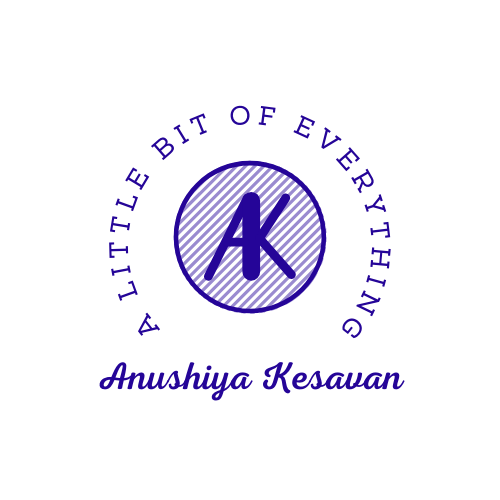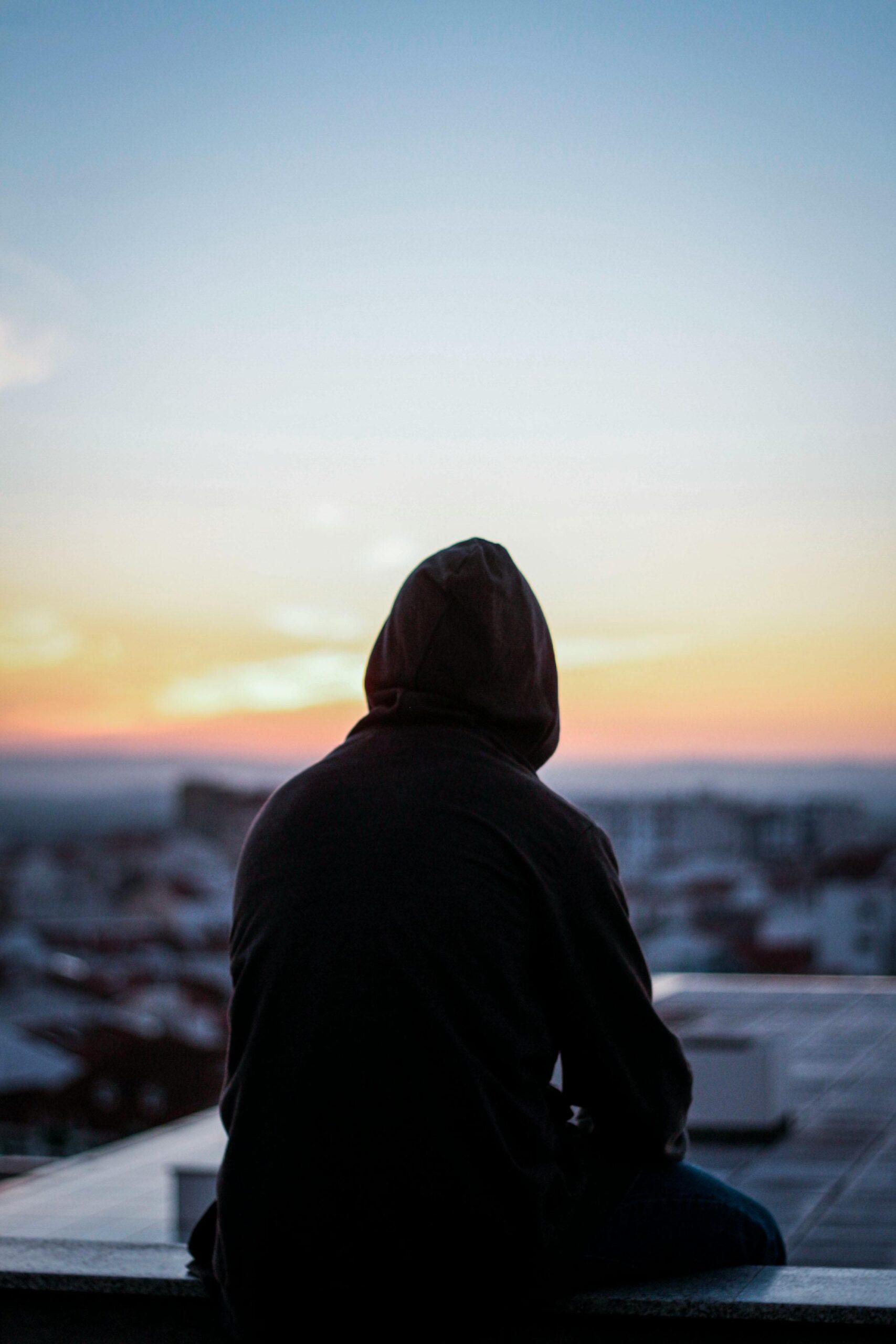As someone who grew up as a self-proclaimed nerd and weirdo, I didn’t have many friends. This, plus the fact that I didn’t go for extra tuition classes (almost everyone went and that’s where socialisation happened), meant I didn’t have much of a social life.
When you’ve spent most of your life as an outcast, you develop a strange kind of empathy. You notice the ones sitting alone at the edge of the classroom, the ones lingering quietly in office corners, the ones who look just as invisible as you once felt. And something in you refuses to let them feel the sting of exclusion.
That’s why I make it a point to make friends with everyone and make everyone feel welcome and comfortable. If someone looked left out, I’d invite them in. If nobody talked to them, I would. It wasn’t pity, but rather, it was recognition. I knew what it felt like to be ignored, so I made it my quiet mission: no one gets left behind.
The Hard Truth
But what I’ve learned recently is that you cannot save everyone.
The reality is that sometimes, people are outcasts not because of bad luck, but because of their behaviour, patterns, or choices. They might be manipulative, toxic, or simply uninterested in true connection. And when you extend your hand to everyone without question, you risk pulling yourself into places you don’t deserve to be.
I’ve had friendships where my kindness was mistaken for servitude, where “helping” someone quickly turned into being drained, used, or disrespected. And I’ve realised this: compassion doesn’t mean ignoring red flags. Inclusion shouldn’t come at the cost of your own well-being.
It’s a painful lesson, especially when you’ve built your identity around being the one who understands. But not every lonely person is looking for genuine friendship. Sometimes loneliness is the natural consequence of how they treat others.
Learning to Set Boundaries

So what do you do when your instinct is to save, but the outcome keeps wounding you? You set boundaries. You learn to tell the difference between someone who just hasn’t found their people yet, and someone who burns every bridge they cross. You practice kindness without sacrificing self-respect.
Because the truth is, you are not responsible for healing everyone. You can offer warmth without handing over your peace. And sometimes, the kindest thing you can do (for yourself and for them) is to take a few steps back.
After all, you cannot save everyone. And maybe you’re not supposed to. Sometimes, you need to save yourself first.


